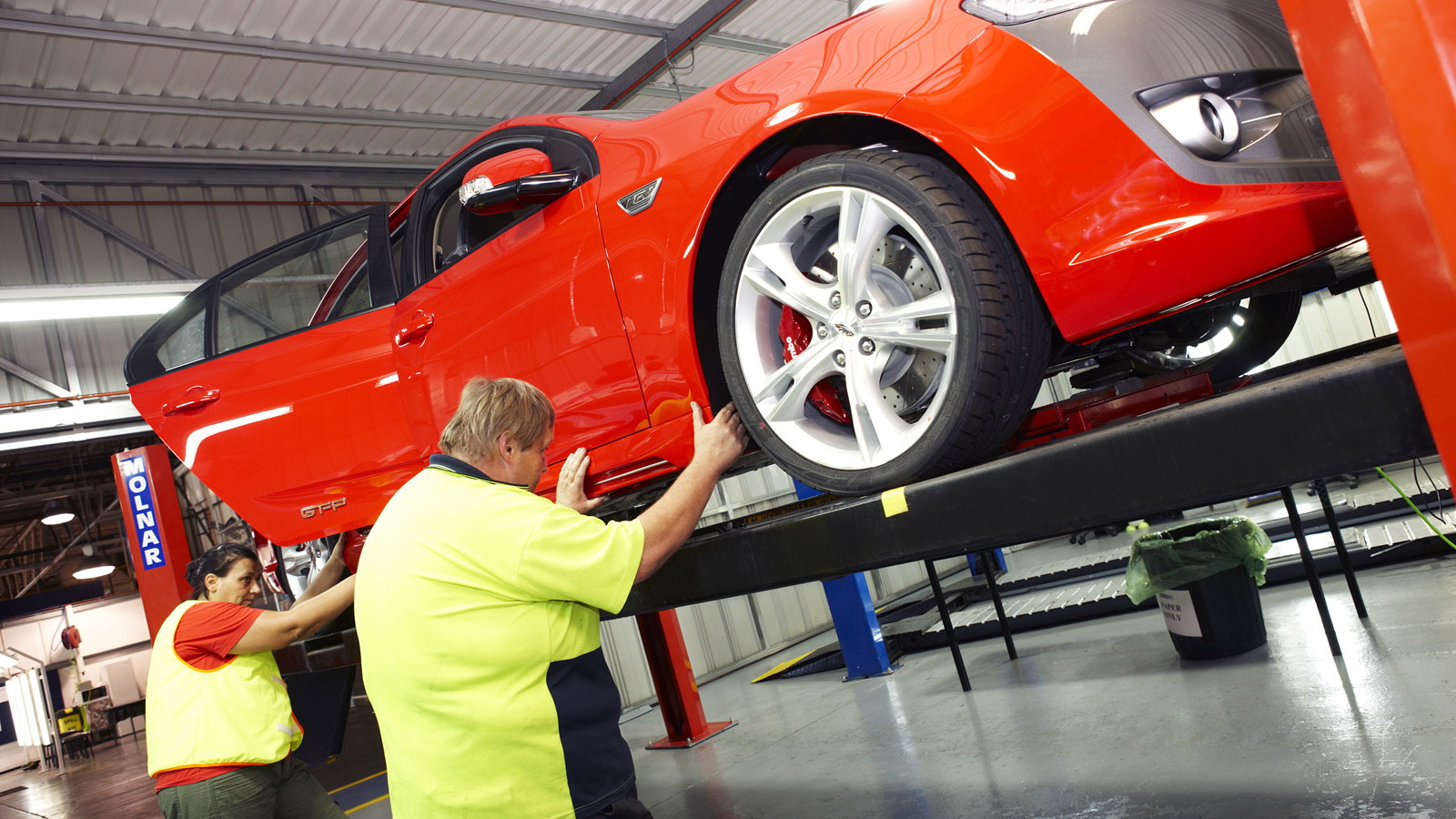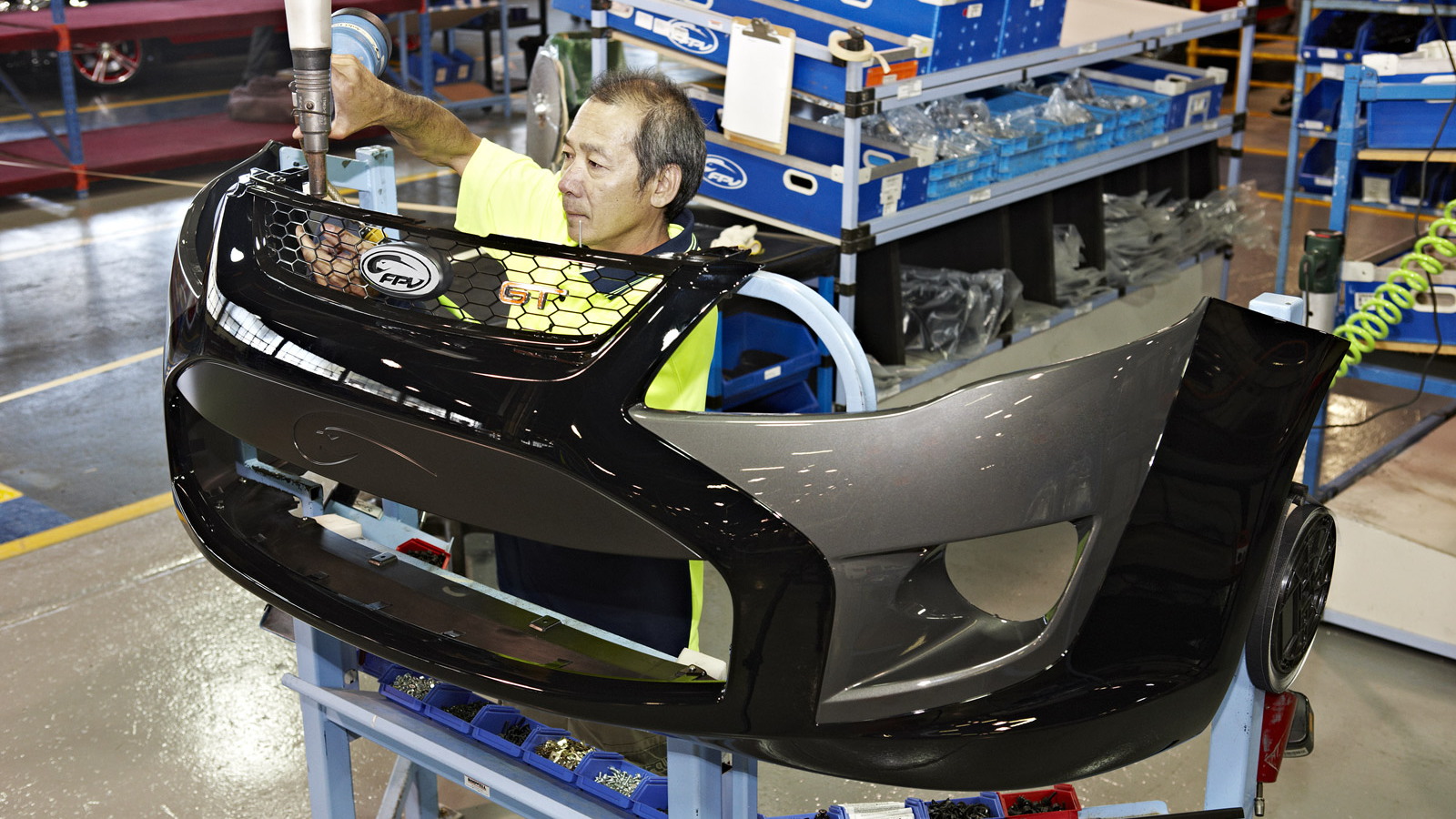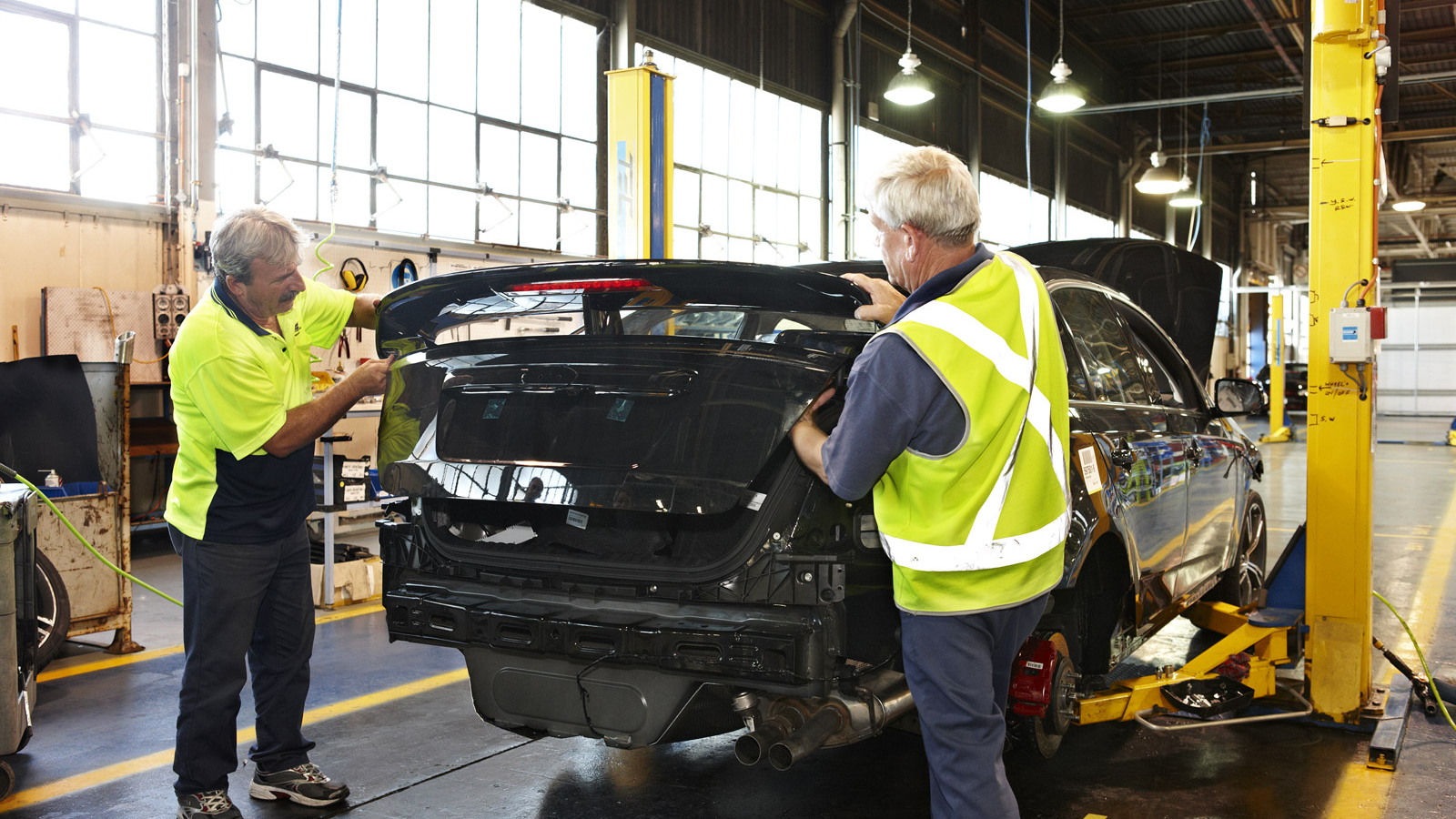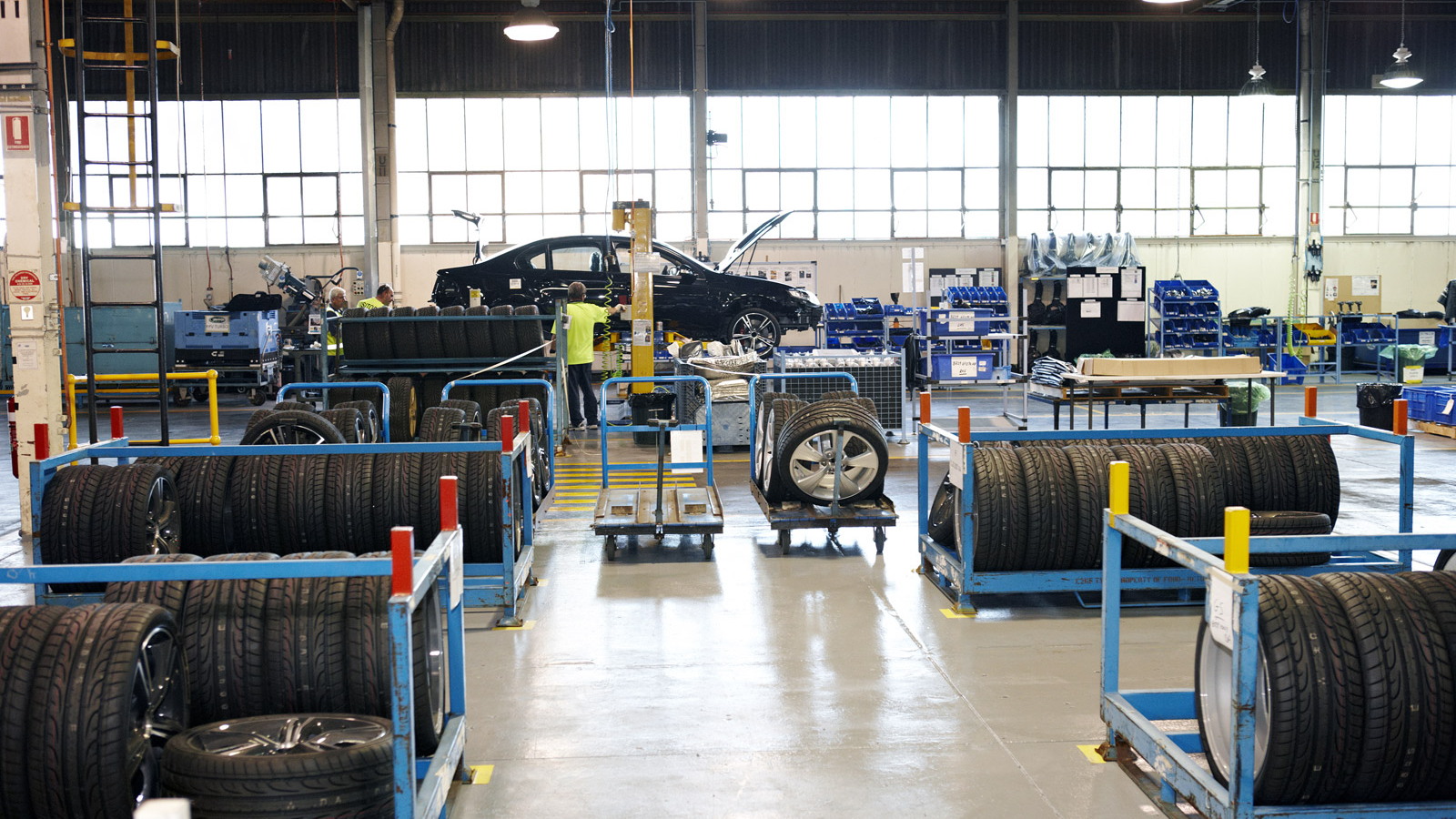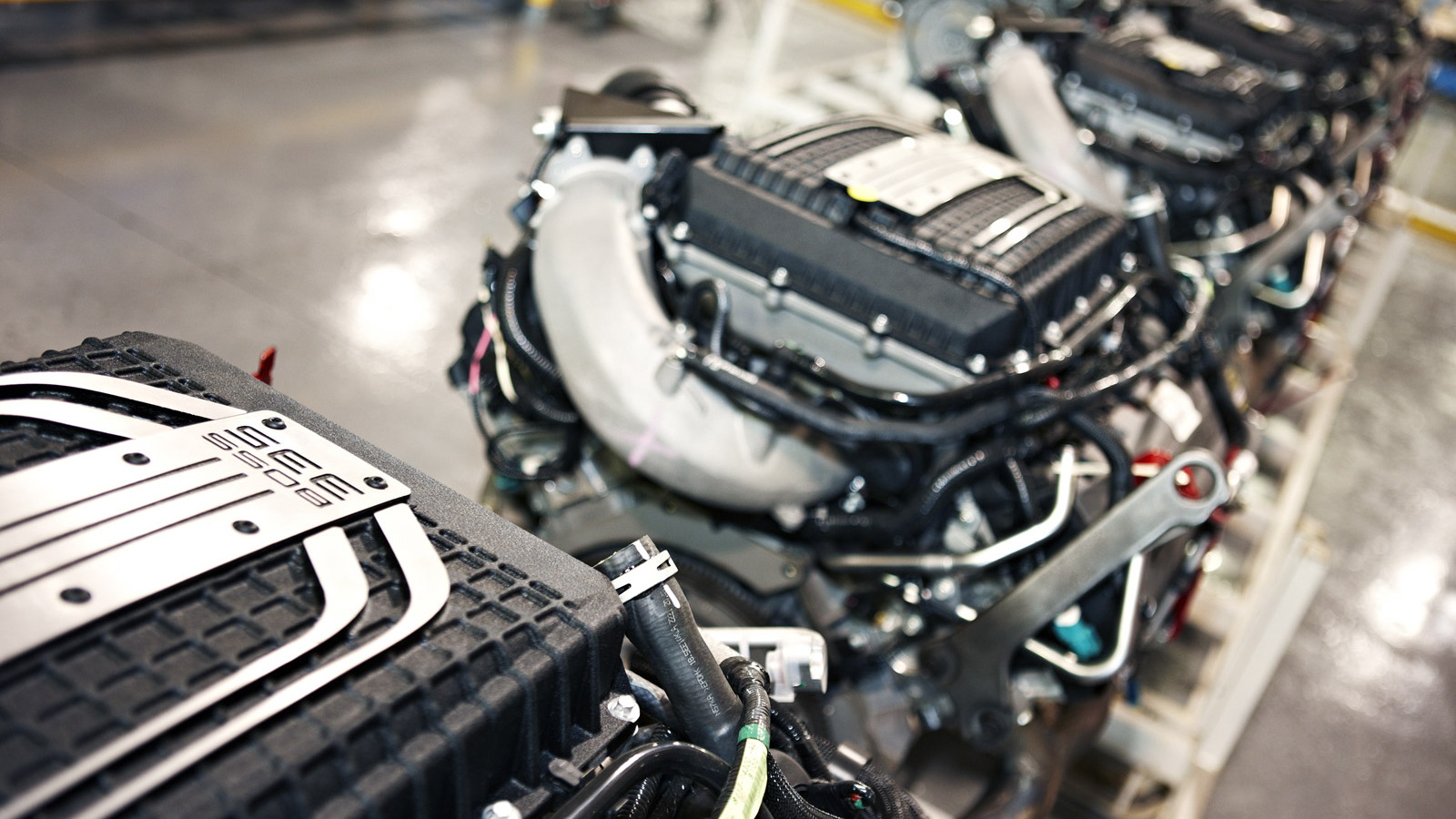It’s a sad day for the Australian auto industry and an end of an era, too. Ford has confirmed it will close its Australian manufacturing facilities, its Broadmeadows car plant and Geelong engine plant, by October, 2016.
The plants are responsible for the Falcon sedan and its various derivatives.
Around 1,200 employees will lose their jobs, though Ford has guaranteed their entitlements and will work with the industry to find replacement jobs over the coming years.
The news does not come as a complete surprise. Ford Motor Company [NYSE:F] has been very vocal about its commitment to its One Manufacturing plan for the streamlining of its plants around the globe, and at the same time has been quiet about the future of the Falcon built exclusively in Australia.
With Ford previously committing to Australian production only until 2016, this led to speculation of the Falcon’s demise more than a year ago. Despite today’s announcement, an updated version of the current Falcon will still be launched as scheduled in 2014.

2012 Ford Falcon
Ford said the decision on local manufacturing was driven by increasingly challenging market conditions--including market fragmentation and the high cost of manufacturing. Ford losses in Australia in the last five years have totaled approximately $576 million. Ford also announced today a loss of $135 million for the 2012 financial year.
A lack of demand for large sedans in the Australian market as well as a lack of awareness of Ford’s continuous updates to its aging Falcon have hurt sales over the years. The company most recently slashed production to around 33,000 cars annually in response.
Ford vehicles have been part of the automotive landscape in Australia for almost 110 years and have been manufactured there since 1925. The Falcon sedan, which has spawned utes, wagons and even a separate Territory SUV model, not to mention high-performance FPV variants, has been an Australian mainstay since 1960. The car is currently in its seventh generation and has been a top seller at several points throughout its life.
The only remaining major auto manufacturers in Australia will be Holden, which builds the Commodore and its various derivatives, and Toyota, which builds the Camry. While Toyota hasn’t mentioned its future plans, Holden has previously stated that it will launch a next-generation Commodore in 2017 as well as start up production of the 2015 Cruze in the coming year. Both have said they can survive without Ford’s production, though the smaller demand for the various local suppliers will likely turn out to be an even bigger blow to the industry.
Some good news for Ford fans in Australia is that the end of the Falcon means Ford can now expand its lineup Down Under with some global offerings previously seen as rivals. Newcomers are expected to include the Explorer, Taurus and Mustang nameplates. Ford has only stated that it will be expanding its Australian lineup 30 percent by 2016. Ford is also maintaining its Australian design and engineering departments and will keep around 200 dealerships in the country.

